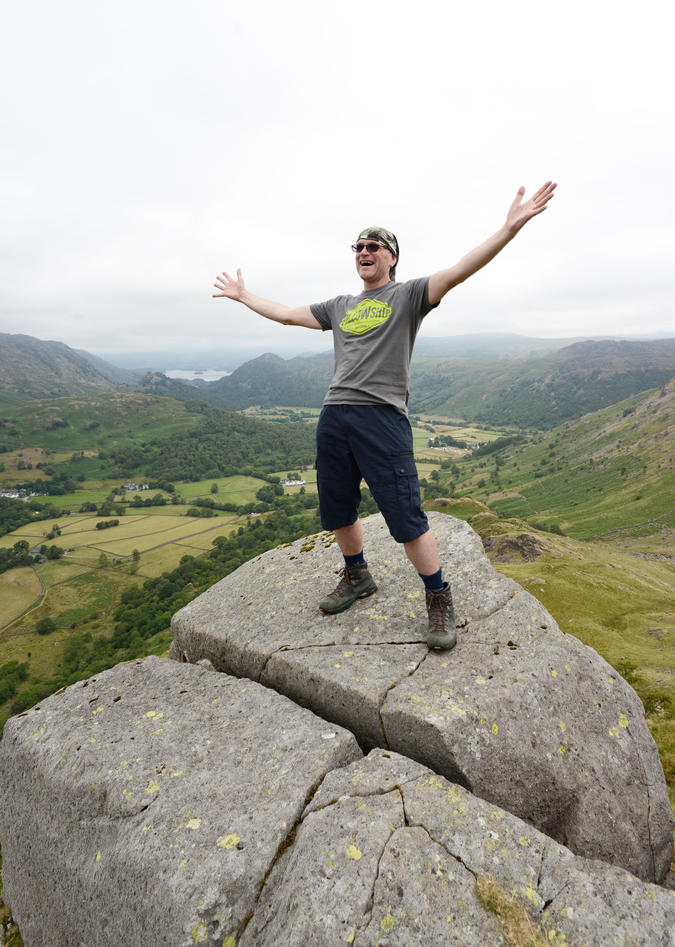Dave Camlin
What's Love Got To Do With It?: The role of love in participatory music
Main content
Music has always been a vehicle for the expression of love. Shakespeare called music ‘the food of love’, and countless song writers and composers throughout history have made much of this special relationship. If we want to express love, we turn to music. When our hearts are broken, we also turn to music for solace. However, there may be an even deeper level to this special relationship between music and the human biological need for attachment, exemplified in instances of group music-making. In this singing lecture, we’ll explore the relationship between music and love through the lens of cheesy 80s love songs. What are the neurobiological underpinnings of love, and how does musical entrainment become entangled with interpersonal neurobiology to produce feelings of trust and attachment?
This is a participatory lecture, and if you want to download notation of some of the vocal arrangements beforehand, you can find them here. Bring your voice and / or an instrument for a musical journey through the interpersonal neurobiology of music and attachment.
Key Questions
What are the neurobiological correlates of love and attachment, and how does musical entrainment become entangled with interpersonal neurobiology to produce feelings of trust and attachment?
What are the different kinds of love, and what does it mean to 'love' the people we make music with?
Recommended Reading
Bartleet, B. (2016). The role of love in intercultural arts theory and practice. In P. Burnard, E. Mackinlay, & Powell (Eds.), Handbook of Intercultural Arts. Routledge.
Dunbar, P. R. (2013). The Science of Love and Betrayal (Main edition). London: Faber & Faber.
Lewis, T., Amini, F., & Lannon, R. (2001). A General Theory of Love (Reprint). New York: Vintage Books.
Biography
Dr. Dave Camlin is a musician whose work is grounded in a passionate belief in the humanising nature of music-making, and whose musical practice spans performance, composition, teaching and research. His research interests focus on the benefits of group singing, musician training and Community Music (CM), and are grounded in a philosophy of ‘music in three dimensions’ which recognises the interdependence between music performance and participation, and their social, health and wellbeing dimensions. He lives in Cumbria, a remote rural county in NW England, leads many outdoor music events, and was founding director of SoundWave music organisation and the Solfest music festival. He is a Lecturer in Music Education at the Royal College of Music and Trinity-Laban Conservatoire in London, and was Head of Higher Education and Research at Sage Gateshead from 2010-19.

